GOLD Learning Tongue-tie Online Symposium 2019 - Day 1 Fundamental Skills/Knowledge
Learn more about assessment, the impact of tongue-tie from birth through adolescence, how to provide lactation care when revision isn't part of the plan, suck rehabilitation after frenotomy and the big picture of supporting families with a tongue-tied infant through the struggles that often present themselves.
These presentations will leave you feeling confident and armed with clinical skills that you can put into practice right away to help the families in your care. This program is approved for 5 CERPs (4 L-CERPs, 1 R-CERP).
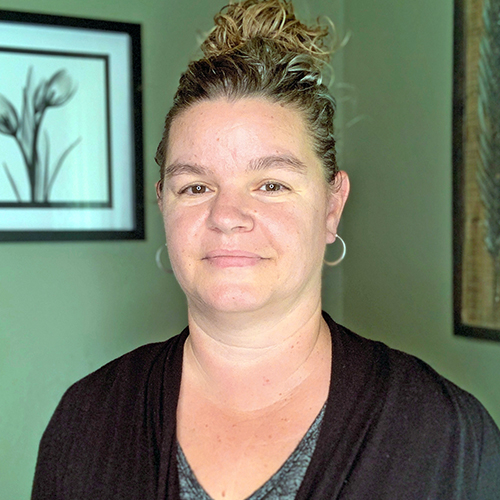

Christine Staricka is a Registered, International Board-Certified Lactation Consultant and trained childbirth educator. As the host of The Lactation Training Lab Podcast, her current role focuses on training and coaching current and aspiring lactation care providers. Christine created and developed The First 100 Hours© concept, an early lactation framework designed to support lactation care providers with the knowledge and mindset they need to help families optimize early lactation. Christine worked as a hospital-based IBCLC for 10 years and has over 20 years experience providing clinical lactation care and support. She provides clinical lactation care to families at Baby Café Bakersfield and serves as its Director. Christine recently completed 6 years of service on the Board of the United States Lactation Consultant Association (USLCA.) She holds a Bachelor's Degree from the University of Phoenix. She has been married for 27 years, lives in California, and is the proud mother of 3 amazing daughters.
Topic: Tongue-Tied and Troubled: A Breastfeeding Journey at Risk - [View Abstract]
Topic: Your Responsibility to the WHO Code: Evaluating Real-World Scenarios for Compliance - [View Abstract]
Objective 1: Identify 3 problems of lactation which are commonly reported in dyads where babies have or are suspected to have oral restrictions.
2. Objective 2: Describe 2 categories of lactation problems which may be observed in these dyads.
3. Objective 3: Explain 3 lactation-supportive routines and anticipatory guidance which might be recommended to a dyad in this population.
A growing body of work supports the lactation care provider in assessing, referring, and infant feeding after a revision of oral restrictions; far less has been said regarding ongoing lactation care when revision is not part of the plan in the short- or long-term. Whether because revision services are unavailable, inaccessible, or not desired by parents, the dyad that includes a baby with non-revised oral restrictions will require a customized plan to avoid problems of lactation related to infants with oral restrictions. This presentation will equip the lactation care provider with tools to support the identified population of dyads where the infant has or is suspected to have oral restrictions. (These tools shall include: a review of situations which might lead a dyad to be considered part of this specific population; a comprehensive understanding of the categories of potential problems of lactation associated with this population; and the creation of a lactation care plan with clinical skills specifically designed to consider and address the needs of a dyad in this population along the entire spectrum of normal lactation.) Lactation care providers in any setting and with any level of training will benefit from this review of the issue as it offers a deeper understanding of why particular tools, techniques, and routines might be required for this population as compared with other populations of dyads.
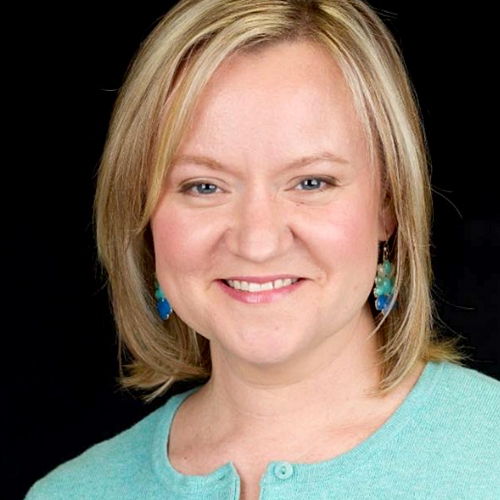

Lisa Lahey RN, IBCLC, OMT has worked for 23 years in maternal child health as a nurse and lactation consultant in L/D, postpartum, newborn nursery, NICU, and perinatal education. Lisa is currently working on her master's degree for Family Nurse Practitioner. An IBCLC for 20 years, Lisa has a special interest and expertise in tethered oral tissues. Lisa’s private practice Advanced Breastfeeding Care provides home visits or office consults for complex feeding issues as well as joyful breastfeeding. Lisa also provides myofunctional therapy to babies, children, and adults in a functional orthodontic office. Lisa is a contributing author to the book Tongue Tied. Lisa enjoys teaching assessment fundamentals and oral exercises when she lectures at conferences and courses. Clinical photography and nature photos are also a favorite hobby. Most of all, she is a mom to five children (all were breastfed) who keep her busy and remind her daily of life’s joys and treasures traveling and hiking with her family to unplug from a busy pace in life.
1. Describe and define key aspects of anatomy and physiology of the human tongue and lips.
2. Develop an understanding of the physiology involved as an infant sucks and breastfeeds.
3. List key appearance items when doing an oral exam for tethered oral tissues.
4. Review clinical photos of TOTS to discern variations of normal to restricted appearance of frenulums.
5. Functional aspects to assessment through use of current screening tools and functional symptoms and behaviors that are noted by the IBCLC during assessment and feeding.
The IBCLC must develop and expand knowledge of the 3 foundations key to TOTs assessment which are anatomy, appearance, and function. This talk will review anatomy and physiology concepts, explore appearance of frenulums, and discuss current functional screening tools that can be utilized for assessment.
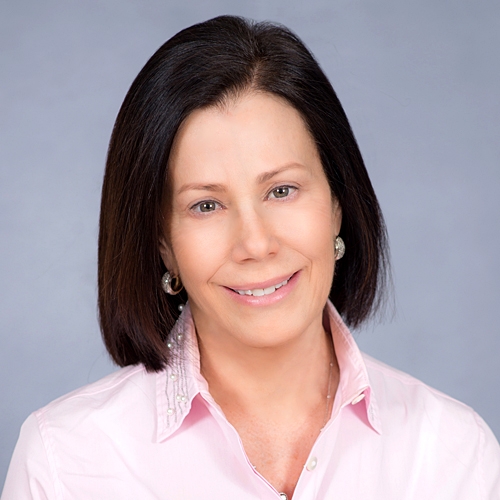

Lori L. Overland, M.S., CCC-SLP, C/NDT, CLC is a licensed speech and language pathologist with her neurodevelopmental certification and certificate as a lactation counselor. Lori is currently working on her IBCLC under the mentorship of Dr. Tina Smilie M.D., IBCLC, and Cathy Watson-Genna IBCLC. Lori’s private practice focuses on infants, toddlers and preschool children with oral sensory-motor/feeding disorders. Lori has co-authored two books: A sensory motor approach to feeding, and Functional assessment and treatment of tethered oral tissue. In addition to her private practice, Alphabet Soup, Lori is a member of the TalkTools® speakers’ bureau, and has lectured on sensory-motor/feeding disorders around the United States and internationally. Lori holds degrees from Hofstra University and Adelphi University.
1)Participants will understand the goal of a functional assessment of the motor skills to support breast feeding.
2) Participants will be able to distinguish active wound management from neuromuscular re-education post frenotomy.
3) Participants will be able to implement at least four functional post op exercises to support suck rehabilitation
This session will focus on functional assessment and treatment of tethered oral tissue in the breastfeeding infant. Participants will understand the importance of task analysis of the motor skills to support sucking, prior to referring an infant for a release. Post op treatment has focused on active wound management (Ghaheri, B. 2017) rather than neuromuscular re-education. This approach multidisciplinary approach encourages lactation consultants to partner with body works specialists and speech pathologists to develop the underlying motor skills to support sucking.
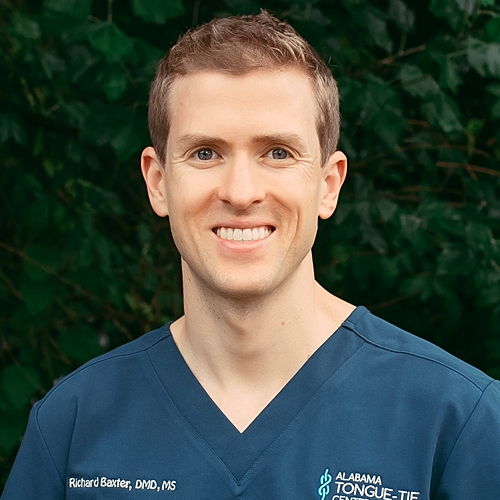

Dr. Richard Baxter is a board-certified pediatric dentist and board-certified laser surgeon. He is a nationally recognized speaker on tongue-ties, and author of the bestselling book Tongue-Tied: How a Tiny String Under the Tongue Impacts Nursing, Speech, Feeding, and More. He is passionate about educating parents and healthcare practitioners about the effects a tongue-tie can have throughout the lifespan. He lives in Birmingham, AL with his wife, Tara, their five-year-old old girls, Hannah and Noelle, and infant Molly. He is the founder and owner of the Alabama Tongue-Tie Center where he uses the CO2 laser to release oral restrictions that are causing nursing, speech, dental, sleep and feeding issues. He had a tongue-tie himself, and all three of his girls were treated for tongue and lip-tie at birth, so for him, this field is a personal one. In his free time, he enjoys spending time with his family and outdoor activities. He serves as an elder at his church and is on the board of Reach the Rest, a global missions organization. Dr. Baxter also participates in many overseas dental mission trips. He is currently working on several research and educational projects related to tongue-ties.
1. Know the common issues that can be affected by tongue-tie.
2. Know what a posterior tongue-tie is, and how to identify it.
3. Know what a lip-tie is, and how to identify it.
4. Understand the scientific basis and rationale for treatment of tongue-tie and lip-tie as it relates to breastfeeding, solid feeding, speech, sleep, and breathing.
5. Understand the effect a non-released tie can have on a patient throughout the lifespan.
Tongue-Tie certainly impacts breast and bottle-feeding, but also can have a significant impact on solid feeding, speech, breathing, and sleep. In this discussion, Dr. Baxter will share about the impact untreated ties can have on patients and their families, and how treating early in life can solve many of these issues. The presentation will highlight the role of the tongue in the essential functions of life. Many case studies of children who have struggled for years due to a tethered tongue and lip will be shared along with treatment videos, and parent testimonials.
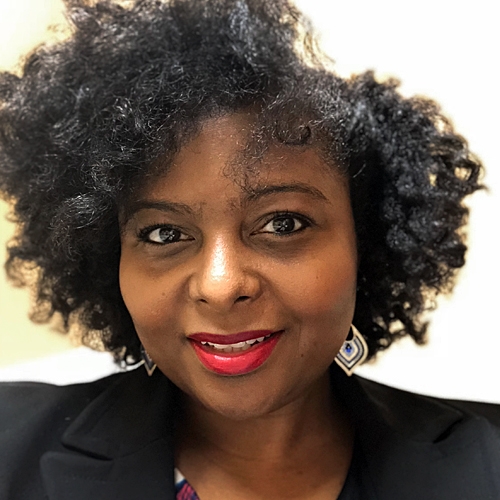

New moms come to Tamara Hawkins for a birthing and breastfeeding plan, but what they get is the permission to abandon beliefs about what the experience should be. What they get is the insight to define their own journeys to and through motherhood—one unpredictably beautiful step at a time. What they get is the confidence to toss the all parenting books aside and to trust their own yes. As the Director of Stork and Cradle, Inc., a passion-fueled prenatal education group specializing in childbirth classes and lactation consultation based in New York City, Tamara brings over twenty years expertise as a Maternity Nurse and Family Nurse Practitioner to deliver classes and programs that blend holistic knowledge and clinical care for mothers and their babies. As instructors and consultants, Tamara and her team offer insight and advice that is data driven, educationally sound, but most importantly, empowerment focused. With Stork and Cradle, women soon realize that their success as moms is not determined by epidurals or pumped ounces, but rather by the power that comes with honing their intuition and simply flowing and flourishing with their babies. An impassioned advocate for birth and breastfeeding equity, she is a Lamaze Certified Childbirth Educator, an International Board Certified Lactation Consultant and a Certified Holistic Health Counselor. Her private practice as an IBCLC accepts several private insurances. Learn more about her work at www.storkandcradle.com.
1. Increase competence of discussing with a parent the infant’s breastfeeding journey from latch, suck, swallow, breathe and how tethered oral tissues can impact this experience.
2. Understand how to help parents develop a plan to optimize infant’s breastfeeding and support them in making the step-by-step journey to optimal infant oral development.
3. Develop a framework of integrative coaching when parents exhibit resistance based on misunderstanding from primary care providers regarding evaluating, diagnosis, management and treatment of tethered oral tissues.
Trending in lactation consultants’ conversations are concerns of parents choosing not to release tethered oral tissues, declining structural realignment work, choosing frenotomy providers that are not on preferred consult lists, and experiencing less than desired outcomes or breastfeeding cessation. How can IBCLCs support families that might otherwise be ambivalent to body work, releasing restrictions, and follow up to ensure continuity of care and breastfeeding success? In this talk, we will explore the journey of holistic lactation care starting from a functional feeding assessment to helping parents reach a self-imposed goal of breastfeeding success with babies that have tethered oral tissues.
Accreditation
CERPs - Continuing Education Recognition Points
GOLD Conferences has been designated as a Long Term Provider of CERPs by the IBLCE--Approval #CLT114-07. This program is approved for 5 CERPs (4 L-CERPs, 1 R-CERPs).
If you have already participated in this program, you are not eligible to receive additional credits for viewing it again. Please sent us an email to [email protected] if you have any questions.
Tags / Categories
(IBCLC) Clinical Skills, (IBCLC) Infant, (IBCLC) Infant, (IBCLC) Maternal, (IBCLC) Maternal, Breastfeeding the Tongue Tied Infant, Differential Diagnosis & Management, Tongue & Lip Tie Assessment
How much time do I have to view the presentations?
- The viewing time will be specified for each product. When you purchase multiple items in your cart, the viewing time becomes CUMULATIVE. Ex. Lecture 1= 2 weeks and Lecture Pack 2 = 4 Weeks, you will have a total of 6 weeks viewing time for ALL the presentations made in that purchase.
- Time for viewing the talks begins once you purchase the product. For Live Webinars & Symposiums, the viewing period begins from when the live event takes place. Presentations can be accessed 24/7 and can be viewed as many times as you like during the viewing period.
What are bundled lectures?
- Presentations may be available individually or via a bundled package. Bundled lectures are a set of lectures that have been put together based on a specific category or topic. Some lectures will be available in both individual and lecture form, whereas others will be available only via a bundled lecture pack.
Will there be Handouts?
- YES! Each lecture comes with a PDF handout provided by the Speaker.
Some lectures include a Q&A, what does that mean?
- During our online conferences, presentations that occur live are also followed by a short 15 minute Question & Answer Session. The Speaker addresses questions that were posted by Delegates during the presentation. We include the recording of these Q&A Sessions as a bonus for you.
How can I receive a Certificate?
- If this presentation offers a certificate, once you are done viewing the lecture or the lectures within a bundle, submit your attendance record in order to be able to download your certificate. You'll be able to see which credits are offered for the lecture by hovering over the "Credits Available" link within the "Speakers & Topics" tab.
Professionals that selected this package also viewed

|
|

|







